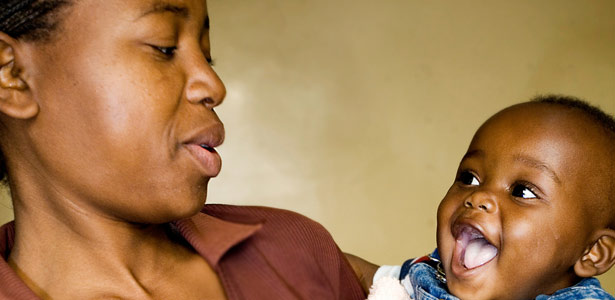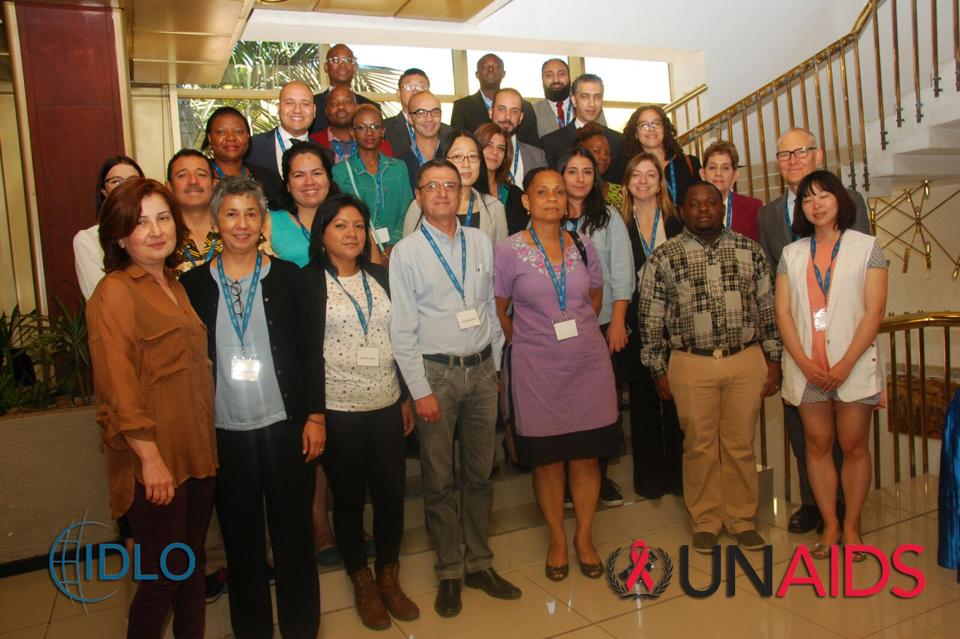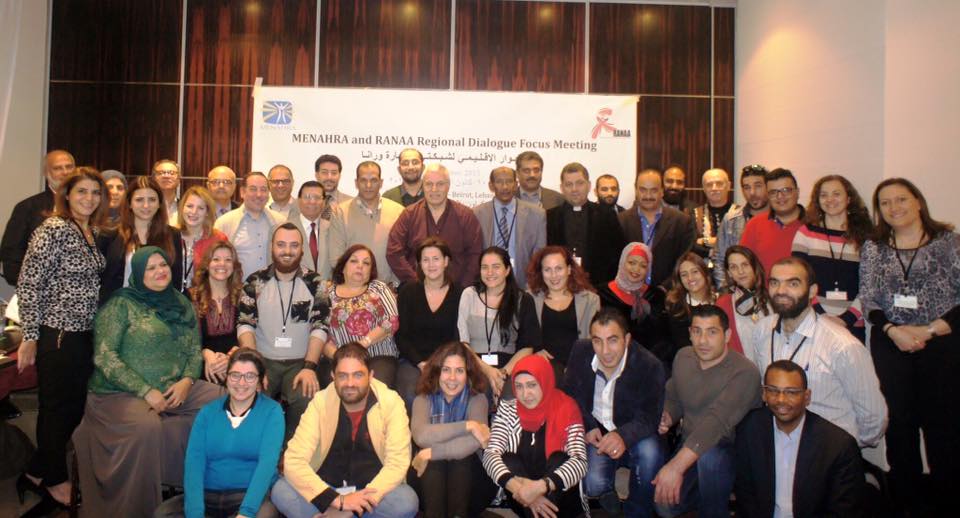Cuba has once again demonstrated that its outstanding health care system is something to admire and learn from, becoming the first country ever to receive World Health Organization (WHO) validation that it has eliminated mother-to-child transmission of HIV and syphilis.

Although the term “elimination” may lead you to believe that this form of transmission has been wiped out, that is not necessary to meet the requirements set out by the WHO for validation. Rather, the country needs to demonstrate that it has seen less than 50 infections from this route of transmission per 100,000 live births for at least one year. But Cuba has surpassed these requirements: In 2013, only two babies were born with HIV and just five with syphilis.
“Eliminating transmission of a virus is one of the greatest public health achievements possible,” WHO Director-General Dr. Margaret Chan said in a statement. “This is a major victory in our long fight against HIV and sexually transmitted infections, and an important step towards having an AIDS-free generation.”
Worldwide, there are 16 million women living with HIV, and each year 1.4 million of them will become pregnant. The risk of passing on the virus to the child is only around 1% if anti-HIV drugs are provided during phases where infection could occur, which spans the pregnancy stage right through to breastfeeding. But if left untreated, there is up to a 45% chance that the child will become infected during one of these stages.
Although syphilis receives significantly less attention than HIV, infection during pregnancy can also spell seriously bad news as it can lead to stillbirth or neonatal death in the absence of antibiotic therapy.
In order to reduce the mother-to-child transmission rate of both of these, an initiative was set up in 2010 that improved access to testing and treatment for these infections, caesarian deliveries and breastfeeding substitutes. These services, which form part of Cuba’s universal health system, are being implemented in a number of other countries and are demonstrably helping towards the global target of less than 40,000 new infections annually.
While Cuba may be the first country to receive the WHO validation stamp, this is not to say that other countries have not reached elimination status. As pointed out by Pan American Health Organization Director Carissa Etienne, it’s likely that the U.S. and Canada have already eliminated mother-to-child transmission of both of these infections, but haven’t sought validation. Thirty other countries have, however, requested validation, so we may see the list begin to grow soon.








